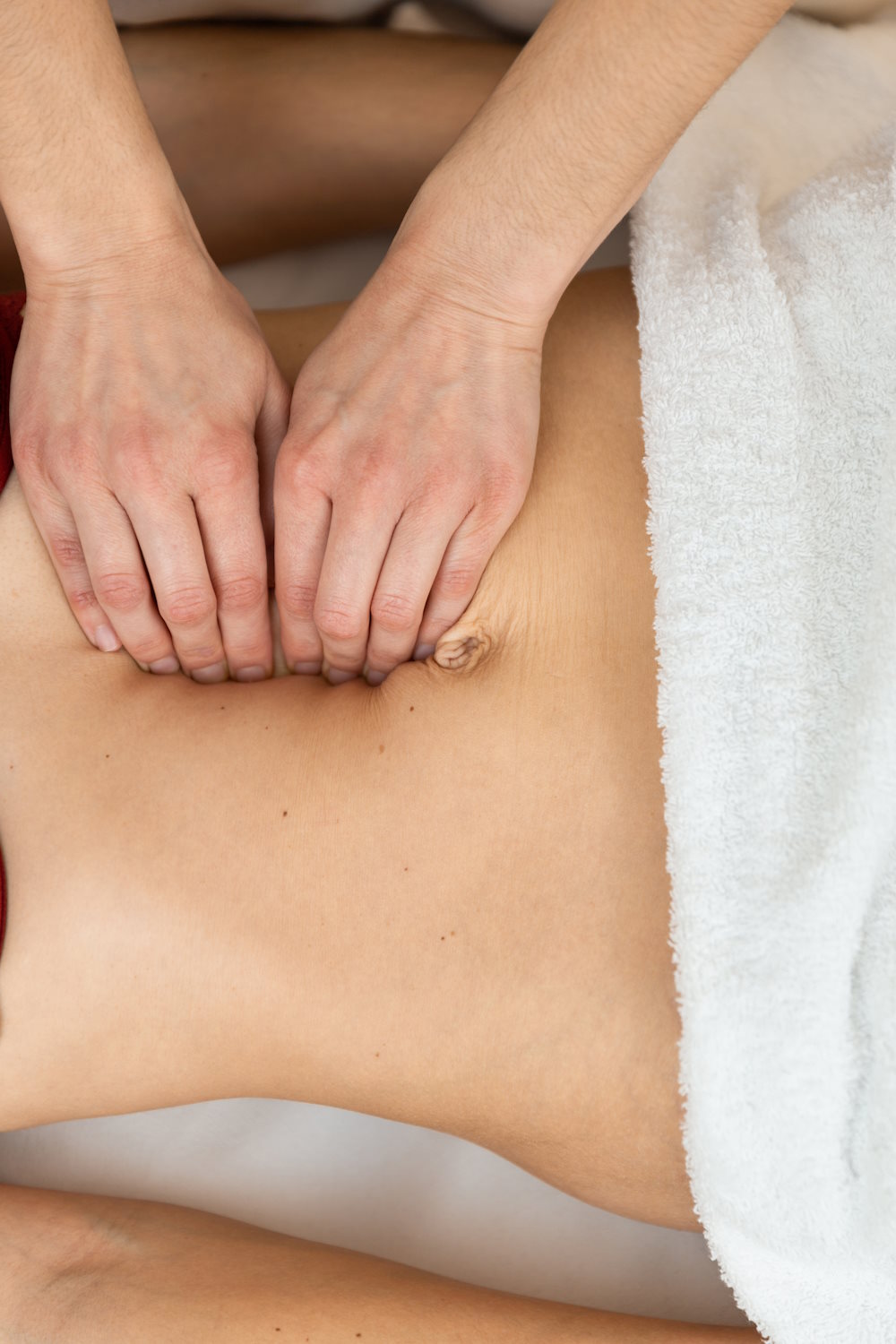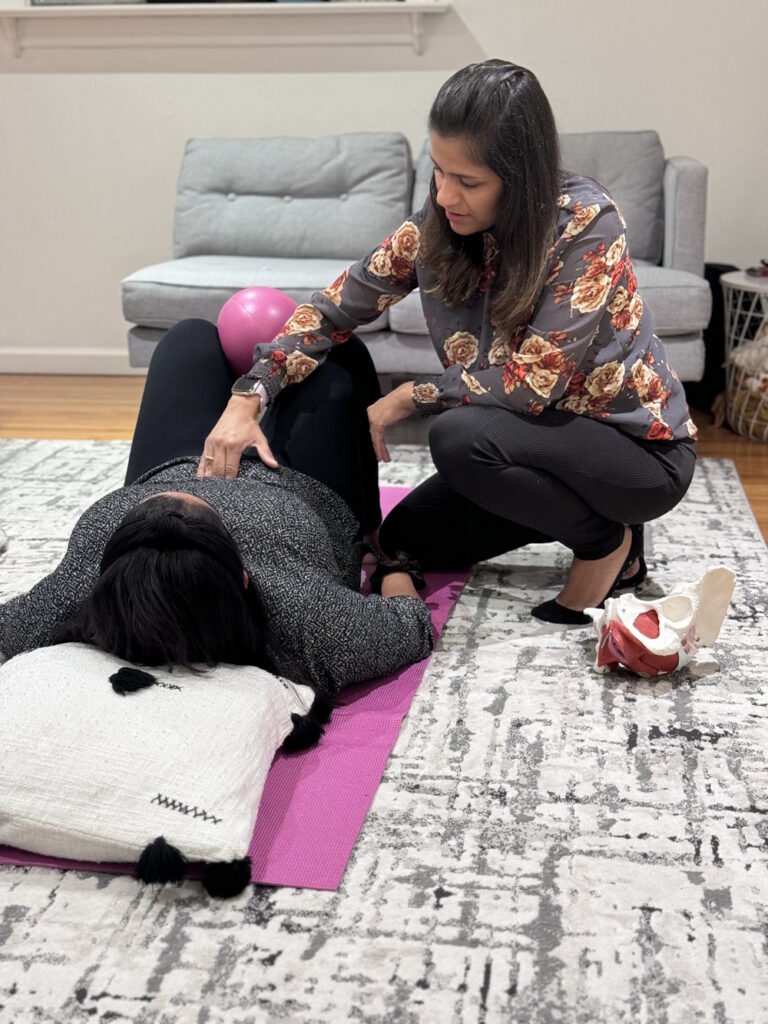
Pelvic health issues are common – but not normal – and not something you have to live with. They can make us feel frustrated, confused, embarrassed or dismissed. We end up suffering with symptoms for years, giving up things we love, taking medications to mask symptoms or undergoing unnecessary surgeries that don’t fix the problem.
We would love to be on this journey of healing together. Not only do we want to relieve your symptoms, but resolve the underlying cause so they don’t return.
The pelvic floor is made up of the muscles, ligaments, and tissues that sit within the pelvis between the tailbone and the pubic bone.
In women these muscles support the bladder, bowel, uterus and vagina. The 5 main functions of Pelvic floor are
#Bladder and Bowel control
#Sexual Function
#Stability
#Support and
#Circulation
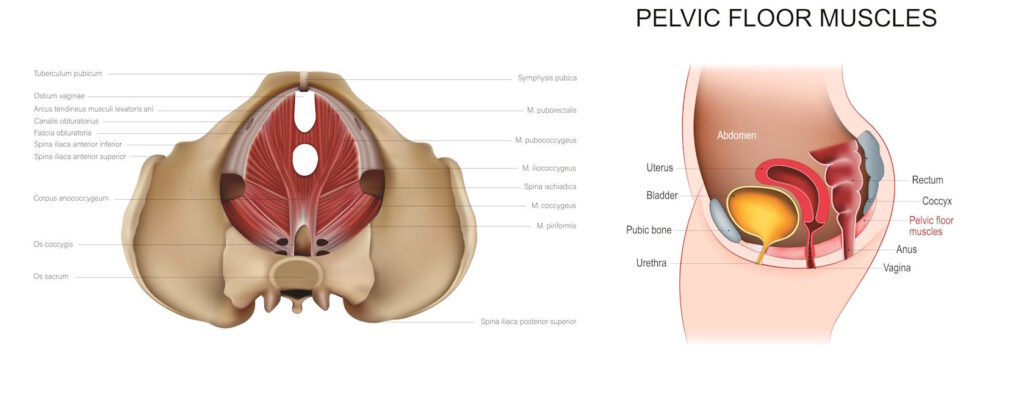
Pelvic floor disorders are common and many people experience symptoms that they may not have discussed with their health care providers or have not been offered effective solutions.
Some are embarrassed to discuss these issues or believe that they are simply part of the aging process and need to be tolerated. However, suffering with pelvic floor dysfunction is not necessary and we know these issues can be evaluated and effectively treated.
Some of the common symptoms from PFD are
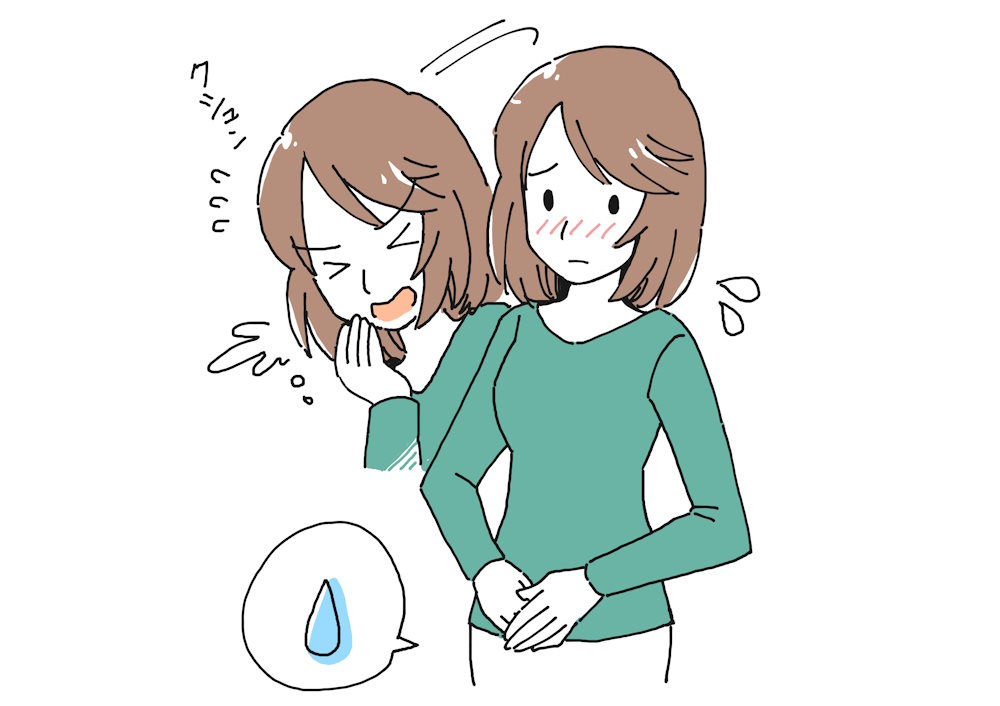

Having a baby is a whole lot easier with PT. Treat pain, exercise safely, learn to push and plan a smooth recovery. As your belly grows to accommodate the growing baby, you may notice changes in your posture, alignment, and movement strategies.
Common issues we treat include:
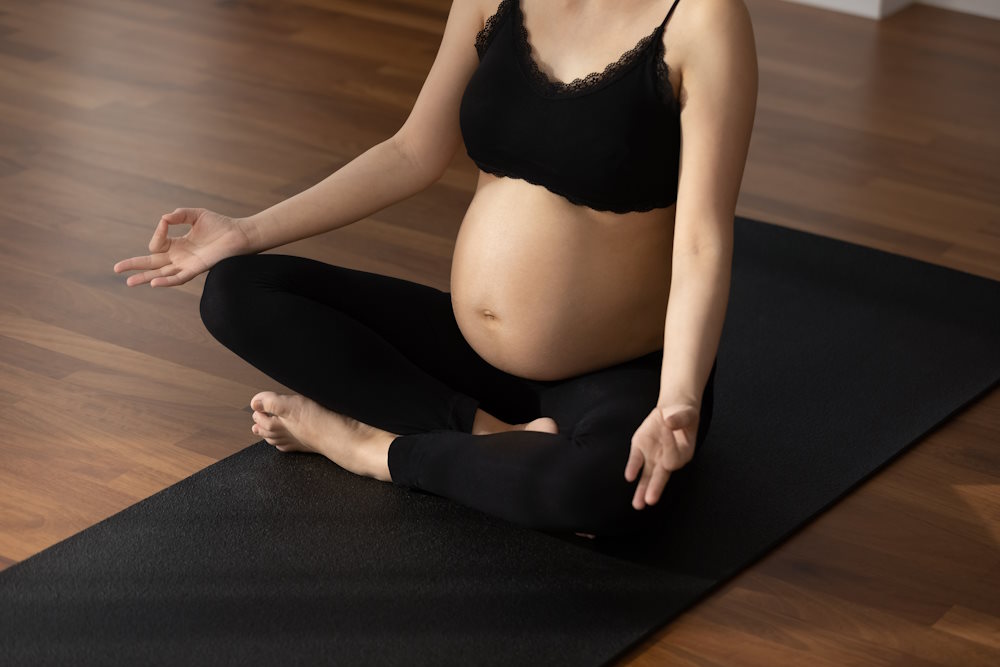

During the postpartum period the body is recovering from childbirth whether the delivery was via a vaginal birth or cesarean section. This is a time of great physical and emotional change and adjustment. Much of the time recovery proceeds well and allows for a return to full function and activity. At times, there may be complications resulting in symptoms such as incontinence, pelvic pain or pressure, back/neck pain, constipation, painful urination, weakness, cesarean and episiotomy scar tissue tenderness, and pain with intercourse.
Postpartum pelvic floor physical therapy can help:
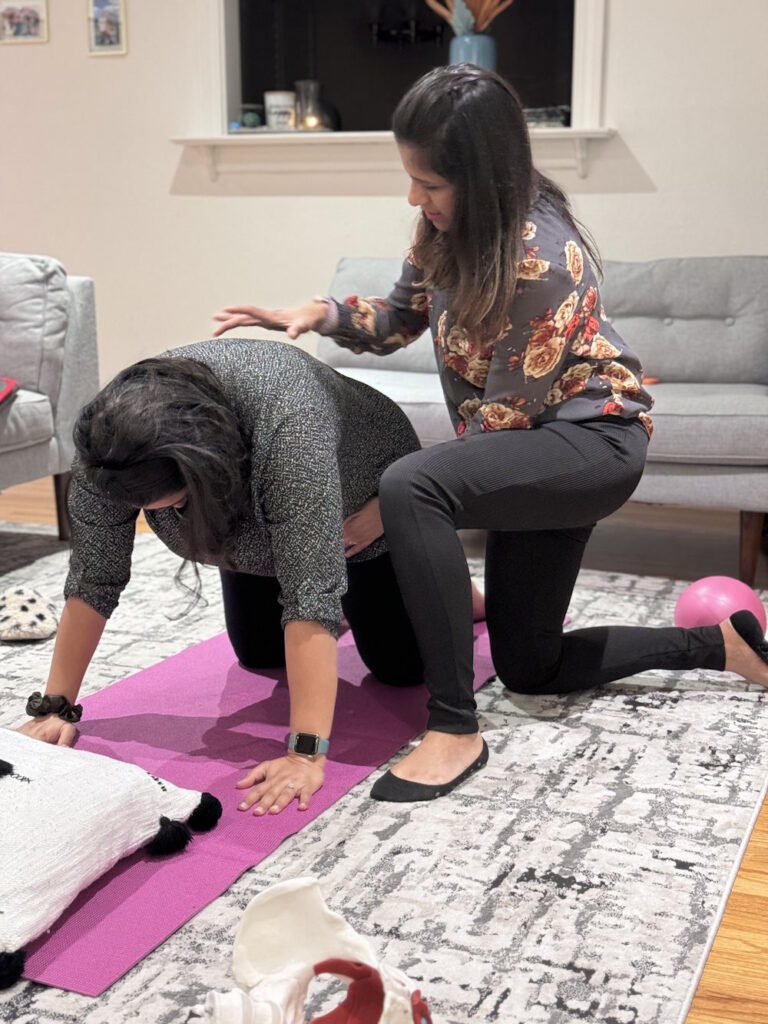

Everyone who has given birth would benefit from seeing a pelvic floor physical therapist for assessment whether symptoms are present or not.
Assessment and treatment can identify and address issues early including pelvic organ prolapse, diastasis recti, weakness, muscle and scar tissue tightness, pelvic misalignment, joint and motion restrictions, muscle imbalances, postural issues, and dysfunction in breathing patterns and body mechanics.
Even if you aren’t experiencing any pressure, urinary incontinence or pain, it is still beneficial to work with a pelvic floor PT to learn how to correctly restore your muscles to help avoid future issues. Postpartum assessment and treatment can occur at any point in time, even years after delivery.
Internal pelvic floor assessment would generally occur after postpartum follow up with the care provider to ensure full healing has occurred. In some countries pelvic floor physical therapy is provided as part of standard postpartum care. Though this is not typical in the US more individuals are understanding the importance and seeking out this important care for assistance in recovery.
Our treatment addresses the whole person and is based on an individualized and comprehensive evaluation. Manual therapy may be performed to release scar tissue, tight muscles and restricted fascia. Retraining of posture, body mechanics, breathing patterns, and alignment is beneficial to allow for ease with function and care of the baby. We utilize integrative, individualized exercises to address underlying muscular imbalances and to help restore the pelvic floor and core muscles. We can help you safely return to your postpartum fitness goals. If done too early or improperly, certain exercises may worsen symptoms or issues. We can help coach you through the safest exercises for your body to allow you to return to what you love doing!
The goal of postpartum physical therapy is to allow you to recover and feel your best so you can focus on enjoying life and the new baby.
